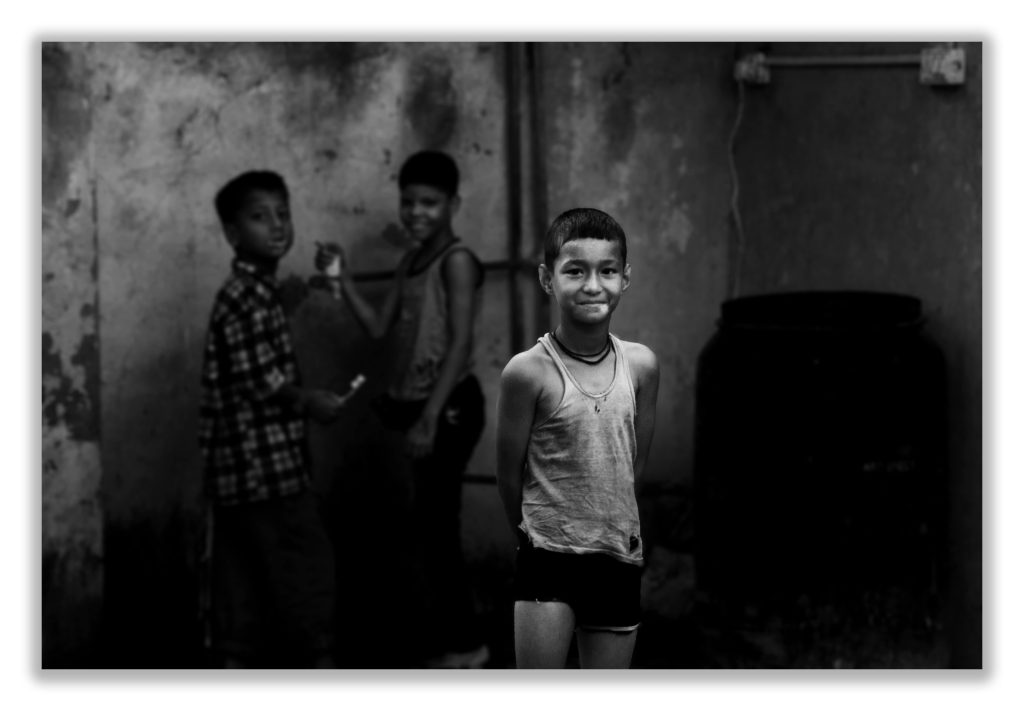Juvenile Crimes in Washington: What Parents Need to Know

When a child is accused of a crime, the experience is often overwhelming for the entire family. Parents are understandably anxious about their child’s future, their safety, and whether a single mistake will follow them into adulthood. Washington’s juvenile justice system is designed to operate differently from adult criminal courts, but it is still complex, and the consequences can be serious.
How the Juvenile Justice System Differs from Adult Court
The juvenile justice system in Washington has a fundamentally different purpose from adult criminal courts. While adult courts emphasize punishment and deterrence, juvenile courts are guided by principles of rehabilitation and accountability. The system is designed to correct behavior while still giving young people the opportunity to grow, learn, and move forward without permanent consequences.
Key differences include:
- Juvenile cases are generally heard by judges rather than juries.
- Court records may be sealed under certain conditions, preventing them from becoming part of a child’s permanent public record.
- Sentencing focuses on rehabilitation programs, education, and treatment rather than incarceration.
Despite these differences, juvenile cases should not be taken lightly. A conviction, or what the court calls an “adjudication,” can still result in serious penalties and lasting consequences.
Common Juvenile Offenses in Washington
Juvenile cases often involve many of the same offenses seen in adult court, including:
- Theft and shoplifting
- Drug possession or distribution
- Assault and fighting at school
- Vandalism or property damage
- Truancy-related offenses
- Cyberbullying and online harassment
While some offenses may seem minor, Washington courts take all juvenile cases seriously. Even a misdemeanor can impact future opportunities if not handled properly.
Penalties and Sentencing Options
The Washington Juvenile Justice Act provides a wide range of sentencing options for young offenders. Instead of jail, courts often use alternatives intended to address underlying issues and prevent repeat behavior. Possible outcomes include:
- Diversion programs: First-time or low-level offenders may be allowed to complete community service, pay restitution, or attend counseling instead of going to court.
- Probation: Juveniles may be placed under community supervision with conditions such as school attendance, curfews, or counseling.
- Detention: For more serious offenses, juveniles may be held in a detention facility, though sentences are typically shorter than those in adult cases.
- Treatment programs: Courts may order drug or alcohol treatment, anger management, or mental health counseling.
- Restitution: Offenders may be required to compensate victims for property damage or losses.
Judges in juvenile court aim to balance accountability with rehabilitation, but the outcome often depends on how effectively the case is presented and the child’s willingness to comply with court-ordered conditions.
Transfer to Adult Court
In some cases, juvenile offenders may be tried as adults. Washington law allows transfer to adult court under two circumstances:
- Decline Hearings: A prosecutor may ask the juvenile court to “decline” jurisdiction if the offense is particularly serious or if the juvenile has prior adjudications.
- Automatic Decline: Certain serious offenses, such as murder, violent sex crimes, or firearm-related felonies committed by older teens, are automatically filed in adult court.
When a case is transferred to adult court, the consequences become much more severe, including lengthy prison sentences and a permanent criminal record.
The Lasting Consequences of Juvenile Records
While the juvenile system emphasizes rehabilitation, the reality is that a juvenile record can still impact a child’s future. Employers, colleges, and the military may have access to juvenile history in certain situations. However, Washington law does allow for sealing of juvenile records under specific conditions. If the juvenile completes all court requirements, avoids new convictions, and pays restitution, the court may seal the record. Once sealed, the record is no longer available to the public, allowing the young person to move forward without the stigma of past mistakes.
The Role of Parents and Guardians
Parents play a critical role in juvenile cases. Supporting the child through the process, ensuring compliance with court conditions, and working with treatment providers can make a significant difference. Parents should also be aware that they may be held financially responsible for restitution or other obligations. Equally important is ensuring the child understands the seriousness of the situation. While the system is rehabilitative, judges expect accountability. Cooperation, honesty, and a willingness to participate in programs can help achieve the best possible outcome.
Why Legal Representation Matters
Even though juvenile cases are focused on rehabilitation, they are still criminal matters with long-term consequences. Having experienced legal representation is essential. A defense attorney can:
- Advocate for diversion programs and alternatives to detention.
- Ensure the child’s rights are protected during questioning and hearings.
- Argue against transfer to adult court when applicable.
- Petition to seal records once eligibility is met.
- Guide families through the process and ensure compliance with court conditions.
Without proper advocacy, a child may face unnecessarily harsh penalties or miss opportunities for rehabilitation.
Juvenile crimes in Washington must be taken seriously, but they also present an opportunity for rehabilitation and growth. The juvenile justice system is designed to hold young people accountable while still giving them the chance to move forward with their lives. With the guidance of experienced counsel, many families are able to navigate this difficult process and help their children avoid long-term consequences.
If your child has been accused of a crime, the Law Office of Erin Bradley McAleer can provide the support and advocacy your family needs. We work to protect your child’s rights, pursue rehabilitative outcomes, and safeguard their future.